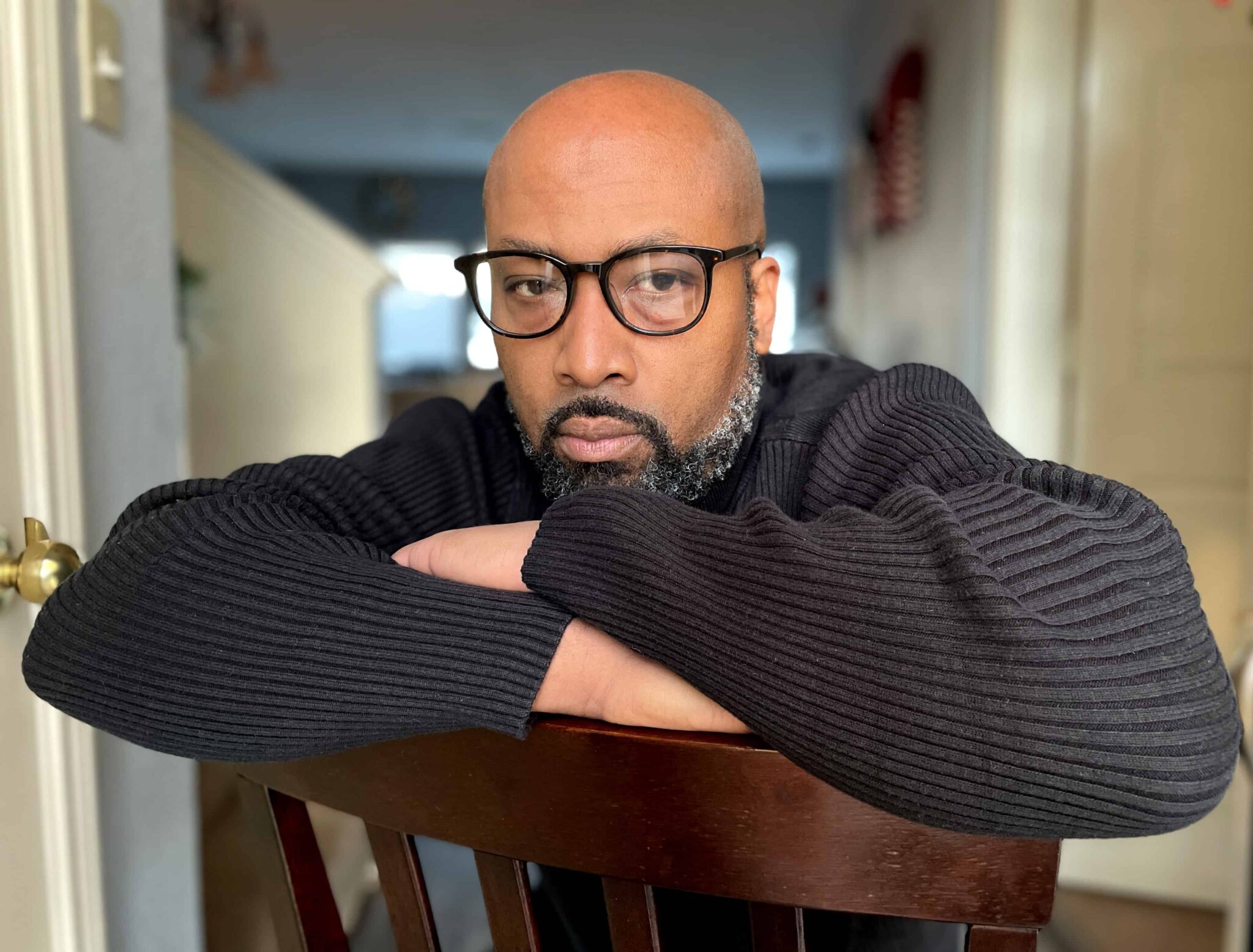The United States is a prosperous country with abundant opportunities. However, many Americans struggle to gain access to these opportunities and some people are shut out completely.
COVID-19 and the protests sparked by George Floyd’s death have laid bare the inequities and systematic injustices that exist in America. And now is the time to make lasting changes to our unfair systems
But before we can make changes, we must fully understand the problem and that starts with a definition of inequity. It refers to unfair, avoidable differences arising from poor governance, corruption, or cultural exclusion and it can take many forms – economic, education, housing, healthcare, judicial.
Let’s start with the economic and health disparities that exist.
In May, Black unemployment rose to 16.8 percent, while white unemployment declined to 12.4 percent (source: Federal Reserve).
Even when Black Americans are employed, their wages are often lower than their white counterparts.
According to the latest Labor Department data, median weekly pay for Black men is only 75% of the $1,096 that white men earn (it’s even less for Black women).
When it comes to wealth, the gap is even more vast. The typical middle-class Black household has about $13,024 in wealth versus $149,703 for the median white household.
In addition, communities of color are being hit disproportionately hard by COVID-19.
Black Americans represent 13.4% of the American population, but counties with higher Black populations account for more than half of all COVID-19 cases and almost 60% of deaths (Source: Study conducted by amfAR, the AIDS research non-profit, and Seattle’s Center for Vaccine Innovation and Access, PATH).
Black Americans also have less access to quality health care and higher rates of underlying conditions – diabetes, heart disease, and lung disease – that are linked to more severe cases of COVID-19.
To exacerbate matters, Black Americans and other minority groups are disproportionately front line workers – grocery store employees, delivery drivers, food service workers – who are risking their lives daily so the majority of us can sit at home and have access to essential, life-giving resources.
These inequities have existed in plain sight, but many people chose to ignore them. However, we can no longer turn a blind eye.
When this pandemic is finally under control, we will live in a new world where apathy and lack of concern for others will no longer be acceptable.
To actively dismantle these institutional inequities, we must examine ourselves and acknowledge our own biases. Racism is a cancer that spreads rapidly if left unchecked.
However, the cure lies within each of us. It’s an equal measure of care, concern, respect, and awareness. We must be vocally anti-racist. Take time to listen to one another.
Have the hard conversations and uncomfortable exchanges. It is precisely those dialogues that strengthen our sense of community and roots out ignorance.
We also must be vigilant in our fight against COVID-19. Wear a mask, practice social distancing, wash your hands, and stay at home as much as possible.
Together, we can flatten the curve and usher in real change. The future of our nation depends on each of us doing our part.
Frederick J. Goodall, Mocha Man Style Publisher, and Editor-in-Chief
Tweet us @mochamanstyle or leave a comment on our Facebook Page to share your thoughts on this article. Follow us on Instagram @mochamanstyle

Frederick J. Goodall is the Editor-in-Chief of Mocha Man Style, media spokesperson, event host, photographer, and a top social media influencer in Houston, TX. He likes to write about fashion, cars, travel, and health.

